The village children were looking curiously back, wondering what had made the noise. Heart racing, I weighed my options. I could do the smart thing—try to back away silently, slip into the scrub, and make a loop around the children down the path. Avoid any contact at all.
But that wasn’t what I wanted to do.
I wanted contact. I was desperate for any kind of connection with people from outside my family. It wasn’t that I disliked my father and brother—I loved them—but I wanted something more. Maybe it would be too much to wish for a friend, but it would be nice to have someone to talk to.
To say I’d had little to no success with this in the past would be an understatement, but what did I know? I was older now, maybe things would be different. And anyway, it was a special day—it was Tamsen’s birthday.
So I slowly stood, revealing myself to the startled group that stood just a few steps away. “It’s just me,” I said with a smile.
But that smile faded, and my heart sank when I saw the looks on the children’s faces.
They looked terrified. Shocked and scared.
One small boy raised his finger to point at me. His mouth opened, but no words came out. A girl next to him grabbed him and pushed his finger down. Still, no one spoke.
I pushed my smile back into place, though now it felt forced. “I guess we’re all on the same path today. I’m just glad to see some sun. Aren’t you?”
No one spoke. Their faces were thin and now that I was looking directly at them, I could see that their eyes were all dark and hollow.
After a long, painful moment of silence, the taller girl grabbed the small boy’s hand and gave it a sharp tug.
“Come,” she muttered, and the rest of the children obeyed.
They walked past me, giving me such a wide birth, one of the older boys nearly slipped on the river ice. But they didn’t look back.
I opened my mouth to ask them to stop. I even took a step after them. I wanted to tell them that I was just like them—walking a path and getting on with my day—but I stopped myself. I knew I wasn’t the horrible beast they all seemed to take me for, but I also knew that whatever I said to them would likely fall on deaf ears.
My father had told me time and time again to stop trying. What use are they to you? he would ask. I never knew what to answer. How could I explain what use it would be to have someone want to stop and speak to me? To want to be my friend? My father had told me that while we live close to the village of Carin, we were not truly villagers, and the people of the village very obviously felt the same way. They think we are different because we are different, he would always tell me, his voice growing gruffer as I grew older and continued to ask the same questions.
But why? I would always ask, never content with his answers. What makes us so different? We live beneath the same sky, we walk the same paths, we eat the same food.
We are apart, was the only thing he ever said. It hadn’t made much sense to me when I was a child, but as I’d grown older, I’d started to understand what he meant.
We were apart from the villagers. They not only lived far from us, their lives were far from ours. The people of Carin worked in the mines of the Northern Peak mountain, and after mining for generations, the ore was sparse and they struggled to survive. The villagers were fearful of us because our family guarded the mountain, but they were also envious.
We have been blessed, my father would tell me as he gazed up at the mountain. We cannot forget how our family has been favored, Mariana. I always nodded when he said this, but I could never help noticing that his eyes were always weary when he said it, his shoulders heavy. Even on the brightest of summer days, the mountain loomed over us, dominating and severe, and I didn’t remember ever feeling favored by the mountain.
And now, as I watched the group of children disappear from view as they made their way down the path, I thought what I always did about the place my family held on the mountain—that it was not a blessing. It was a curse.


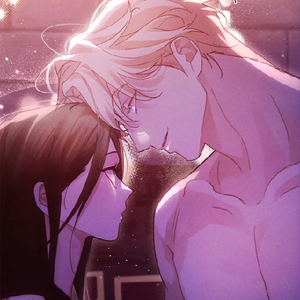
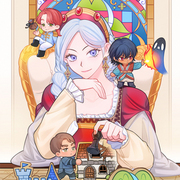
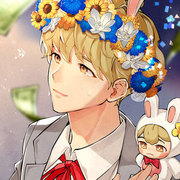
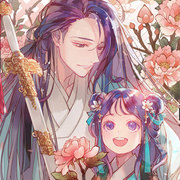
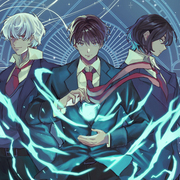
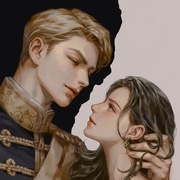
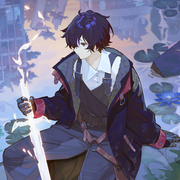

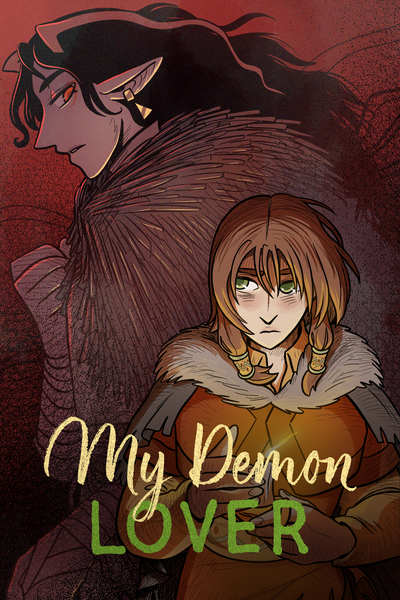
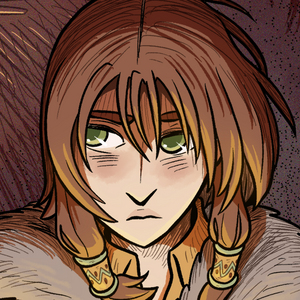
Comments (3)
See all